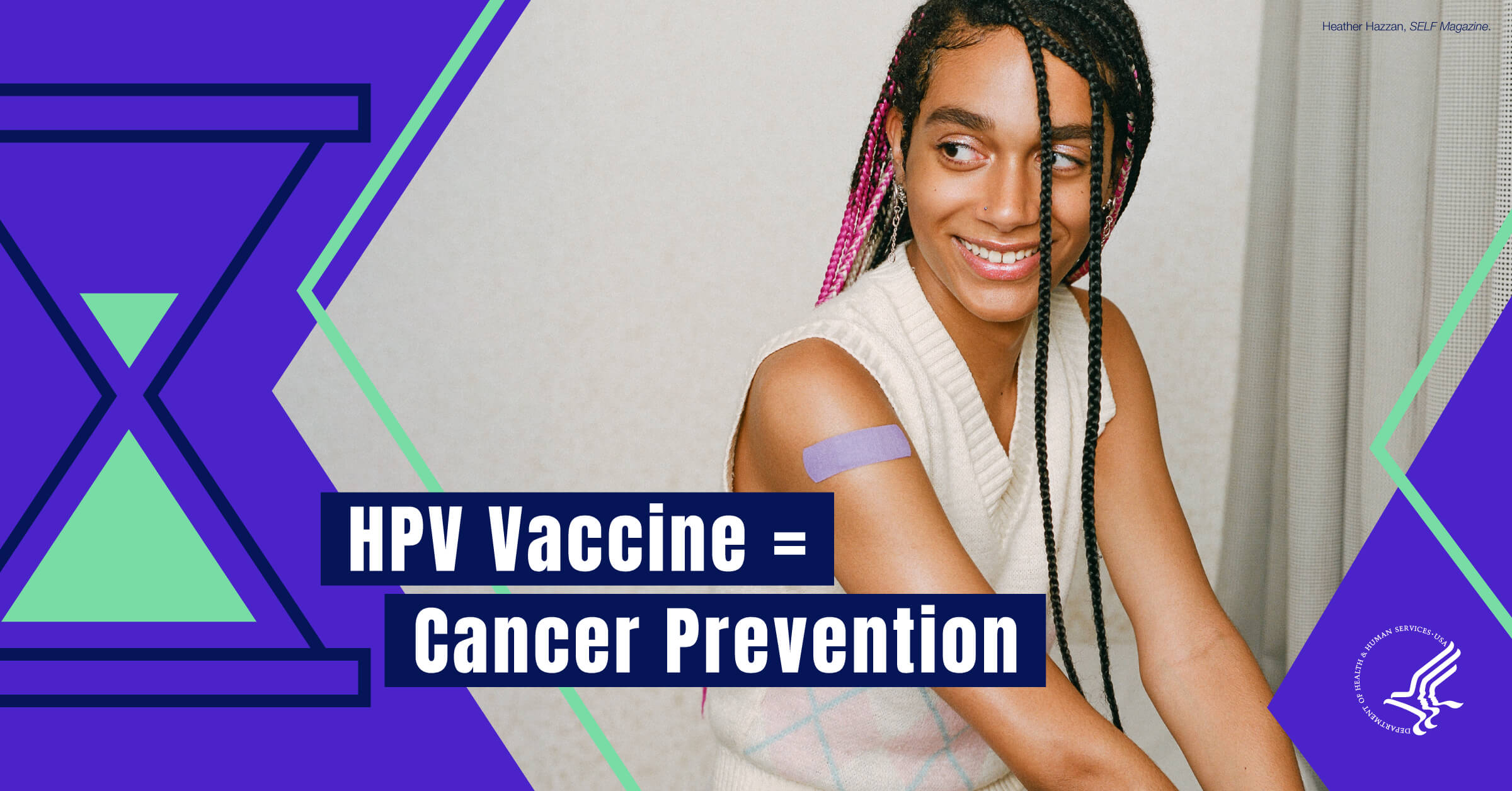Vaccines play an important role in keeping us all healthy. Vaccines save lives by protecting us from serious diseases, like COVID-19, measles, and whooping cough, throughout life. So, it’s important to know the facts about vaccines, immunization, and vaccine-preventable diseases. Learn about how vaccines work and find reliable, easy-to-understand answers to common questions about vaccination.

Monkeypox: What You Need to Know
Monkeypox can be spread by people who have been close contact with an infected person, animal, or even material contaminated with the virus. Monkeypox can be serious and symptoms generally last 2 to 4 weeks. You can prevent monkeypox! The Centers for Disease Control and Prevention recommends vaccination for people who have been exposed or who may be more likely to get monkeypox and provides other tips to protect yourself from infection. Learn more on CDC.gov.

HPV Vaccine Protects Against Cancer
The Human Papillomavirus (HPV) is very common in the United States – at any given time, about 1 in 4 people have it. The HPV vaccine can protect people against 6 types of cancer. Learn more about the HPV VAX NOW campaign.

We Can Do This
COVID-19 vaccines are safe, effective, and available for free to everyone 6 months and older living in the U.S.


